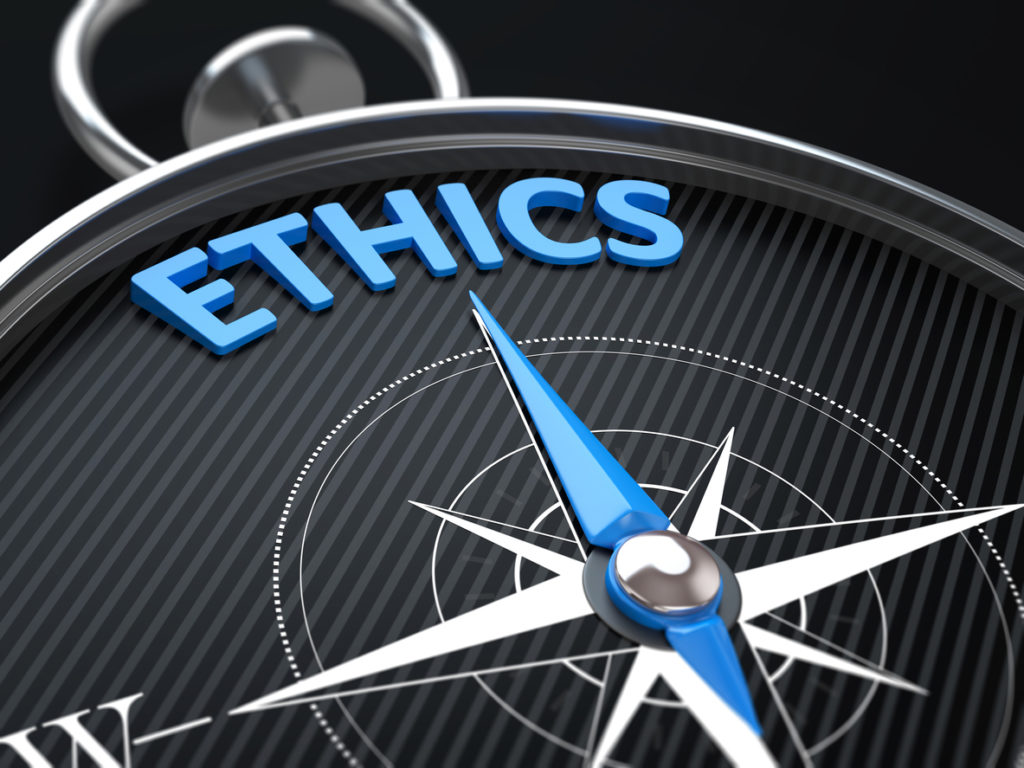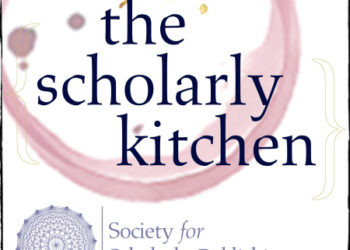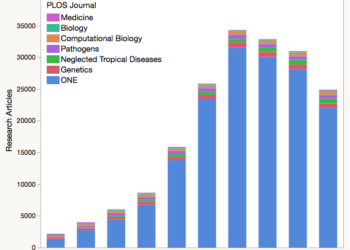The Committee on Publication Ethics (COPE) was founded in 1997 to provide guidance and education around the growing number of ethics issues facing journals. Last week COPE announced changes to its Code of Conduct as well as a new policy on sanctions against member journal editors and publishers that do not follow their “principles.”
I put “principles” in quotes because COPE seems to be making big changes and the language is important.

Until recently, members of COPE agreed to adhere to their Code of Conduct and Best Practice Guidelines for Journal Editors (and Publishers). Members are also agreeing to follow the Principles of Transparency and Best Practice in Scholarly Publishing.
Both of these documents provide very helpful advice on how to organize and run a professional journal. The Code of Conduct includes “must do” items for members as well as “aspirational” suggested best practices. Two weeks ago, the Code of Conduct was replaced with the new “Core Practices.”
In announcing the Core Practices, COPE explained that the Code of Conduct carried a legal connotation, which was not intended. Also, COPE recognized that some items were extremely specific (e.g., “Editors should follow the procedure set out in the COPE flowchart on complaints”) while others were very open to interpretation (e.g., “Editors should strive to ensure that peer review at their journal is fair, unbiased and timely”). There are also elements of the code that are not relevant at all journals (e.g. “Editors should have a written contract(s) setting out their relationship with the journal’s owner and/or publisher”).
The new Core Practices contain 10 categories from the Code. There is a brief paragraph describing each and a link to further resources. The resources include case studies, blog posts and articles, guidelines if available, and COPE’s famous flowcharts that provide step-by-step suggestions on how an editor or journal could handle ethics issues.
So back to the sanctions (or, rather reasons to expel members) — what are the COPE “principles” to which members are expected to adhere?
Many member organizations have a code of ethics or code of conduct for their members with the loss membership as a ramification for violating that code. In fact, the COPE Principles of Transparency states explicitly:
In the event that a member organization is found to have violated these best practices, or other specific requirements of the organization, OASPA/DOAJ/COPE/WAME shall in the first instance try to work with them in order to address any concerns that have been raised. In the event that the member organization is unable or unwilling to address these concerns, their membership in the organization may be suspended or terminated. All of the member organizations have procedures for dealing with concerns raised about member journals.
It would appear that this paragraph, which is included in the application instructions for membership, makes it clear that a member can be expelled for bad behavior. Then why the need for a new policy on expulsions?
One could certainly argue that an organization that has requirements for member transparency must ensure that they themselves are transparent. While COPE reserved the right to expel members before, the policy and procedure for doing so was not transparent. According to the announcement on sanctions, there are three main reasons for a member to get expelled:
- The member shows resistance to correcting identified problems that violate COPE principles of publication ethics.
- The member repeatedly acts in unethical ways.
- The member refuses or fails to engage with COPE to remediate ethical issues.
The statement also makes it clear that expulsion would be a last resort. It appears that COPE very much intends to stick to its mission of change through education.
The COPE guidelines, principles, and best practices are valuable resources supported by the scholarly publishing industry. That said, I honestly don’t think the authors of the journals that I help run care that we are members of COPE and we certainly don’t have to be paying members in order to follow these guidelines. We are members because we support the work undertaken by COPE and we take advantage of the educational resources.
With these changes, I do find myself wondering what exactly we are agreeing to adhere to and what might happen if we choose to go a different path on any given topic. I would assume that COPE would initiate an investigation of a member journal if someone lodged a complaint.
More often than not, when we have an ethics issue to address, there either are no guidelines for that issue, or the guidelines don’t really apply, or we feel that the recommended action is not strong enough. This is not a criticism. It seems every week we find ourselves grappling with a new situation that seemed implausible (or at the least unlikely) the week before. It would be impossible for the COPE resources to cover every possible scenario.
The variability, however, would seem to make it very difficult to determine if a journal were not adhering to the “principles”.
COPE recently announced that Institutions can now become members. This will require new guidelines about investigations and reporting back to journals (this is a huge black hole that needs to be addressed). I assume that Institutional members will be subject to adhering to some sort of principles or face sanctions as well. Adding this new category of members is a huge expansion of influence for COPE.
Working in the civil engineering space for as long as I have, I have learned the difference between a standard and a manual of practice. Standards are black and white with rules or laws written about adhering to those documents. There may be options within the standards, but variance is typically spelled out and standards are updated over time to reflect new discovery.
Manuals of practice are guidelines or best practices aimed at providing advice on how to do something.
COPE has been in the manuals of practice camp, which is important and extremely helpful. The Code of Conduct made it relatively clear to a perspective member what they were agreeing to do. That said, the new Core Practices seem less useful than the code in explaining what we are to do. Perhaps this is by design — that being too specific was problematic in some way.
If members are to adhere to a set of rules, with a new emphasis on a policy on expulsion going public, those rules should be more clear, not less. It would be most helpful to see COPE move in the direction of standards development. Right now it feels a bit like there is the threat of a bite with no teeth.
Discussion
3 Thoughts on "COPE Introduces Less Specific Member Rules Along with a New Policy on Expulsions"
Thank you, Angela, for writing about COPE’s core practices. What you say above is mostly right. We need to correct one thing: Institutions are not invited to apply to join COPE right now. Instead, COPE is working with a small group of institutions from around the world to discover what benefits COPE might bring any eventual institutional members (besides the assumed benefits all parties might get from connecting the often disconnected worlds of journal publishing and research institutions).
COPE will stick to its mission of education and support, like you say. We do aim to support all our members with education and the kind of “manual of practice” that you talk about and we do hope that our resources are useful to non-members too.
And about your closing “bite with no teeth” comment on our (not new, but newly transparent) sanctions policy … COPE is a membership organisation whose remit is to provide support and advice to its members. We do not have aspirations to be an oversight group or regulatory body. Nor do we believe that we should supersede the autonomy of our members. But we do take what it means to be a member seriously and COPE supports a mechanism of assurance that our members respect the same ethical values.
Not so sure that authors do not “care.” After one painful experience, I check that a journal is a COPE member before submission. Unfortunately, it may not be until more authors steer away from non-member journals that their editors will really begin to care.
I haven’t yet had a chance to study the new document – but when I was editing sociology journals from 2000-06 and 2010-16, I was always very clear that we would not be bound by COPE standards, although we would take them into account when making decisions. I made this clear even when our publishers signed up to COPE. The previous approach heavily reflected COPE’s origins in a clique of biomedical journal editors. It had the same flaws as many of the documents that have been produced about research ethics and research integrity, namely a one-size-fits-all approach that assumed that the problems and solutions of the biomedical research community could be applied to everyone, regardless of different disciplines’ history, traditions and established practices. If COPE are now genuinely adopting a more flexible stance that offers an opportunity for other communities to educate them about what they consider to be appropriate and acceptable, then this is to be welcomed. There may be a cost in specificity but but this may not be a big deal if there is a genuine dialogue before any sanctions are applied.

